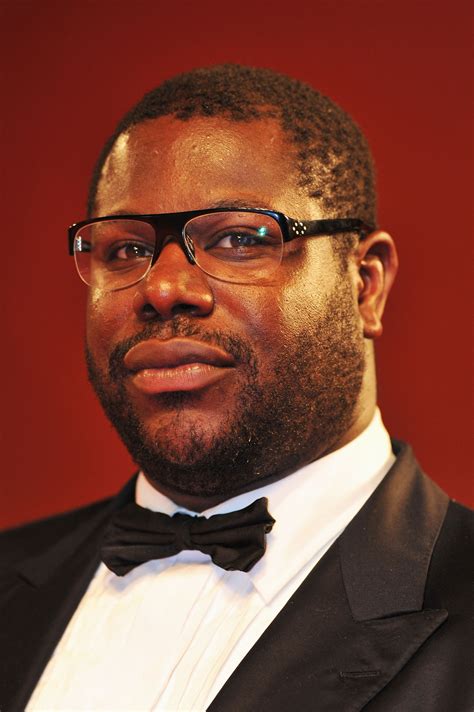A Quote by Albert Camus
A novel is never anything but a philosophy expressed in images. And in a good novel the philosophy has disappeared into the images.
Quote Topics
Related Quotes
The point is, that the function of the novel seems to be changing; it has become an outpost of journalism; we read novels for information about areas of life we don't know - Nigeria, South Africa, the American army, a coal-mining village, coteries in Chelsea, etc. We read to find out what is going on. One novel in five hundred or a thousand has the quality a novel should have to make it a novel - the quality of philosophy.
I am myself a professional creator of images, a film-maker. And then there are the images made by the artists I collect, and I have noticed that the images I create are not so very different from theirs. Such images seem to suggest how I feel about being here, on this planet. And maybe that is why it is so exciting to live with images created by other people, images that either conflict with one's own or demonstrate similarities to them.
In '94, I started writing a novel about an enormous terrorist act that destroyed the United States. The novel takes place twenty years after this destruction, with all the stuff that we're dealing with now - a dirty war, the disappeared, the concept of terrorism. Anyway, 9/11 happened some years into the process, and I was like, OK, I don't have a novel.
The art and science of memory is about developing the capacity to quickly create images that link disparate ideas. Creativity is the ability to form similar connections between disparate images and to create something new and hurl it into the future so it becomes a poem, or a building, or a dance, or a novel. Creativity is, in a sense, future memory.









































